QPR Suicide Prevention Training Workshop
Question—Persuade— Refer
QPR Suicide Prevention Training:
What It Is and Why It Is Important to Learn
QPR, is a suicide prevention training program designed to teach people how to recognize the warning signs of suicide, intervene with compassion then guide someone to the right resources. Much like CPR is used in heart emergencies, QPR provides tools and knowledge needed to take quick, lifesaving action. This program is widely used by both professionals and the general public, making it an accessible and practical approach to preventing suicide.
Suicide is a major public health issue that affects individuals and families across the world. QPR suicide prevention training is a crucial tool that equips people with the knowledge and skills to intervene in a way that can save lives. By learning to recognize warning signs, asking the right questions, offering support, and connecting individuals to appropriate resources, we can all play a role in preventing suicide and supporting those in crisis. Given its simplicity, accessibility, and effectiveness, QPR is an important training that everyone should consider learning. It provides individuals with the ability to make a real difference in someone’s life when it matters the most.
Why QPR is Important to Learn
- Building Community Support
Suicide prevention is not solely the responsibility of mental health professionals. The QPR program empowers friends, family members, colleagues, and even strangers to take an active role in supporting those at risk of suicide. A community that is equipped with QPR training is more likely to be supportive and aware of the struggles that others may be facing. This creates a more compassionate and proactive community that works together to reduce the stigma surrounding mental health and suicide. - Early Intervention Saves Lives
Suicide prevention is most effective when it occurs early. Many people who are considering suicide give subtle or overt signals before attempting to take their lives. By learning QPR, individuals are trained to recognize these signs and intervene before the situation escalates. Early intervention can make a profound difference in whether a person chooses to seek help and whether they are able to receive the support they need.
- Bridging the Gap
Many people who are contemplating suicide feel isolated and disconnected. They may struggle to reach out for help due to shame, fear, or a lack of understanding about mental health issues. By learning QPR, people can become a bridge for these individuals, creating an environment where they feel safe enough to open up and get the help they need. In some cases, having someone ask the right question or offer the right encouragement can be the key to saving a life. - Reducing Stigma
Mental health issues and suicidal thoughts often carry a stigma that prevents people from seeking help. By training more individuals in QPR, we can normalize the conversation around mental health and encourage others to talk openly about their struggles. It helps eliminate the isolation that many individuals feel when they are struggling with thoughts of suicide, and it promotes an environment where mental health care is seen as just as important as physical health care. - Accessible and Effective
One of the greatest advantages of QPR is that it can be learned by almost anyone. You don’t have to be a therapist or a counselor to intervene in a suicide crisis. The training is designed to be straightforward, with easy-to-remember steps that anyone can follow. Additionally, it requires only a small amount of time to complete the training, making it accessible to people in all walks of life.
